I can’t not click on end-of-the-year book lists when I come across them. Book lists and jottings are a source of endless joy as I believe in the optimism of adding ever more recommendations to a to-read list that’s already too long to fit into one lifetime.
Here are the top ten novels I read in no particular order with posts linked if I wrote about them:
The House in Paris by Elizabeth Bowen (1935)
While I was reading The House in Paris, I frequently found Bowen’s writing opaque, but since then I haven’t been able to stop thinking about the theme of spiritual homelessness which she brilliantly conveys through all the houses in the novel and about certain lines and scenes which made me catch my breath for their beauty.
"First love, with its frantic haughty imagination, swings its object clear of the everyday, over the rut of living, making him all looks, silences, gestures, attitudes, a burning phrase with no context."
They Were Sisters by Dorothy Whipple (1943)
A gripping, insightful novel that makes painfully clear what the stakes of marriage are. I read this with a book group and even though most of us had read her before, we were all blown away by Dorothy Whipple’s storytelling abilities.
"Katherine Mansfield wrote a tale about a fly upon which a man, over and over again, idly dropped a great blot of ink. Over and over again the fly struggled out, dried its wings, worked over itself, recovered, became eager to live, even cheerful, only to be covered by another blot. At last, the fly struggled no more; its resistance was broken. Charlotte was like that fly.”
The Feast by Margaret Kennedy (1950)
A clever tale in which you slowly work out who lives and who dies when an overhanging cliff crushes a hotel in Cornwall. It’s a story that reveals more meaning the deeper you dig into it. I’m hoping to get to more of Margaret Kennedy’s novels in 2025.
An uncovered typewriter stood on the table, with a clean sheet of paper in it. She began to experiment.
th3 HorRIBL3E HOTeL
Onceupon a time ther was ahotel inhabited by devils dressed up to look like ladys and Gentlemen…
Never No More and No More Than Human by Maura Laverty (1942 and 1944)
I’m slipping these in together because the second one takes up where the first one left off and I can’t think of either them without my heart swelling with joy. The first in Maura Laverty’s pair of coming of age novels starts in 1920s Ireland while the second follows protagonist, Delia Scully, when she goes off to become governess in Spain. I am rereading them with a group this year and planning to write more about them soon.
“You were the purple bog and ripe wheat-field and a crab tree in May. You were good food, and songs in the firelight and the rosary at night. You were a welcome for my coming and a prayer for my going out. You were Gran.”
Guard Your Daughters by Diana Tutton (1953)
My ideal novel is one that is cozy and slightly weird. Guard Your Daughters fits that description perfectly. An ominous shadow lurks in the background of the lives of an otherwise happy and affectionate family with five daughters. I don’t mean to make it sound creepy. It’s not. It’s wonderful.
“No one so straightlaced has any right to exist in this family. Where on earth does she get it from, poor child? When she marries she will have just two odiously correct children, and neither of them will ever laugh or shout or dirty its nappies.”
The Inn at the Edge of the World by Alice Thomas Ellis (1990)
This one’s the reverse: mostly weird, slightly cozy. A group of unpleasant people spend Christmas at a not very unwelcoming inn on an island off the coast of Scotland. There are flashes of Celtic mythology, too. Not everybody’s thing a long shot, but I thought it really, really well done and very funny and I can’t wait to dive into more ATE’s writing this year.
"'A brandy and soda will do you little harm,' said Harry.
'Try telling that to Helen Huntington,' said Jessica, 'and she'll slip you an ipecacuanha.'"
Emma by Jane Austen (1815)
A perfect, perfect reread. I remember coming across someone’s take on Emma where they argued that it is a kind of mystery novel. I don’t remember the actual specifics of the argument, but I had that in my mind as I was reading it this time, and it held up. Lots of little clues dropped everywhere about who is romantically after whom. And Emma’s character growth never gets old. She’s insufferable at the beginning and then learns to be truly gracious by the end. It gives me hope when I’m trying to rise above the worst version of myself. P.S. I need to know who’s going to write the fanfic where Frank Churchill murders his aunt. I can’t be the only one who has entertained this thought.
“She could only give him a look; but it was such a look as she thought must restore him to his senses”
Some Tame Gazelle by Barbara Pym (1950)
Another reread. Some Tame Gazelle was the novel that introduced me to the world of twentieth century British women’s fiction, and I feel eternally indebted to Barbara Pym for that. It was a joy to enter back into this exquisitely drawn world of middle aged spinsters who quote from “our minor English poets” and fuss over the local curate. Also, I aspire to live up to this description of Belinda Bede:
“He thought it unlikely that it would be a literary quotation and yet it seemed somehow Elizabethan. Perhaps Belinda would know it. She often wasted her time reading things that nobody else would dream of reading.”
The Diary of a Provincial Lady by E. M. Delafield (1930)
I found this (and Guard Your Daughters) through Simon Thomas who writes at Stuck in a Book and co-hosts one of my favorite bookish podcasts Tea or Books with Rachel of Book Snob. I’ve found so many winners through Simon and Rachel’s recommendations, and this one lived up to the expectations raised. I read it at a time when I was feeling low, and it was just the thing to lift my spirits.
“Bank manager reduces me to spiritual pulp by suggesting that we should see how the Account stands at the Moment. Am naturally compelled to agree to this with an air of well-bred and detached amusement, but am in reality well aware that the Bank Account stands—or, more accurately, totters—on a Debit Balance of Thirteen Pounds, two shillings, and tenpence…Eventually emerge into the street with purpose accomplished but feeling unstrung for the day. Rose is kindness personified, produces Bovril and an excellent lunch, and agrees with me that it is All Nonsense to say that Wealth wouldn’t mean Happiness, because we know quite well that it would.”
Brideshead Revisited by Evelyn Waugh (1945)
This was a reread for the fourth or fifth time. I’ve lost count. But it wrecked me as it always does. I was making sandwiches for my kids while listening to the end of the novel and they were staring at me mystified by my shuddering sobs. What else can you do at the mercy of such a powerful literary depiction of the workings of grace?
“Perhaps all our loves are merely hints and symbols; vagabond-language scrawled on gate-posts and paving-stones along the weary road that others have tramped before us; perhaps you and I are types and this sadness which sometimes falls between us springs from disappointment in our search, each straining through and beyond the other, snatching a glimpse now and then of the shadow which turns the corner always a pace or two ahead of us.”
Honorable mentions:
True Grit by Charles Portis, The World My Wilderness by Rose Macaulay, Travel Light by Naomi Mitchison, Angle of Repose by Wallace Stegner, The Lark by E. Nesbit, Death on the Nile by Agatha Christie, Cold Comfort Farm by Stella Gibbons, Lucia in London by E.F. Benson, North and South by Elizabeth Gaskell, Howl’s Moving Castle by Diana Wynne Jones (reread), The Sword in the Stone by T.H. White, At Mrs. Lippincote’s by Elizabeth Taylor
Audiobooks narrators that were so good I kept them on 1x speed
Jason Neville, The Sword in the Stone; Jenny Stirling, Howl’s Moving Castle; Bill Wallis, The Death of King Arthur; Jeremy Irons, Brideshead Revisited; T.S. Eliot reading Four Quartets(!); Juliet Stevenson, Emma (until a few hours before my reading group met and then I had to hype Juliet up to 1.75x speed)
And for fun:
Ways that reading spilled into my daily life:
I discovered that the religious order in Five for Sorrow, Ten for Joy is real and still active. (Which reminds me: you can submit your prayer requests to the Benedictines at the actual abbey on which Godden based In this House of Brede)
I had inspiration in meal-planning from the many delicious meals referenced (Farmer Boy and Never No More alone could have taken care of meal planning for the year). I identify strongly with the protagonist in At Mrs. Lippincote’s when she
says: “I had the recipe from Villette. I like to get my recipes from good literature.”
And on that note, for a book club meeting, out of Guard Your Daughters, I made “a new sweet…copied out of the Listener—mostly evaporated milk and gelatine and cocoa.” Mine was not a success, but I’m glad I did it anyway.
I danced myself silly with my kids to such hits as Arkansas Traveler after reading the dance scene in Little House in the Big Woods.
Thanks to Eleanor Parker’s Winters in the World, I found a new patron saint for an otter-loving child I know.

Simon Armitage’s translation of the Death of King Arthur gave me a love for medieval alliterative verse and I will likely be giving my kids alliterative verse writing assignments at some point (so really this is the way my reading is spilling into their lives).
Through Catherine Ricketts’ The Mother Artist, I found an inspiration for harmonizing child-raising and creating art:
I also gained a vision of what managing large family life and intellectual pursuits can look like from the many women interviewed in Valerie Grove’s The Compleat Woman (including the incomparable Elizabeth Anscombe and Alice Thomas Ellis!)
Together with a group of tiny bookworms, I toasted to a medieval mouse warrior with October Ale and this ditty. (They also had to put up with me spontaneously declaiming it for days on end.)
A pack of kids chanted rhymes to ward off any goblins from my home after we read The Princess and the Goblin together.
I led a group of high schoolers through Twelfth Night and ate their renaissance inspired recipes.
I found so many reading recommendations for people in my life and usually sent exuberant texts out that read something like “You MUST read this! It was as good as written for you!” And if you were the recipient of one of those texts….I’m glad I could play literary match-maker or I’m sorry for being obnoxious.
And I laughed a lot, cried more than is probably normal, was sometimes repulsed, and was very often inspired. It was a good year of reading.
Here’s to a new year full of good books.




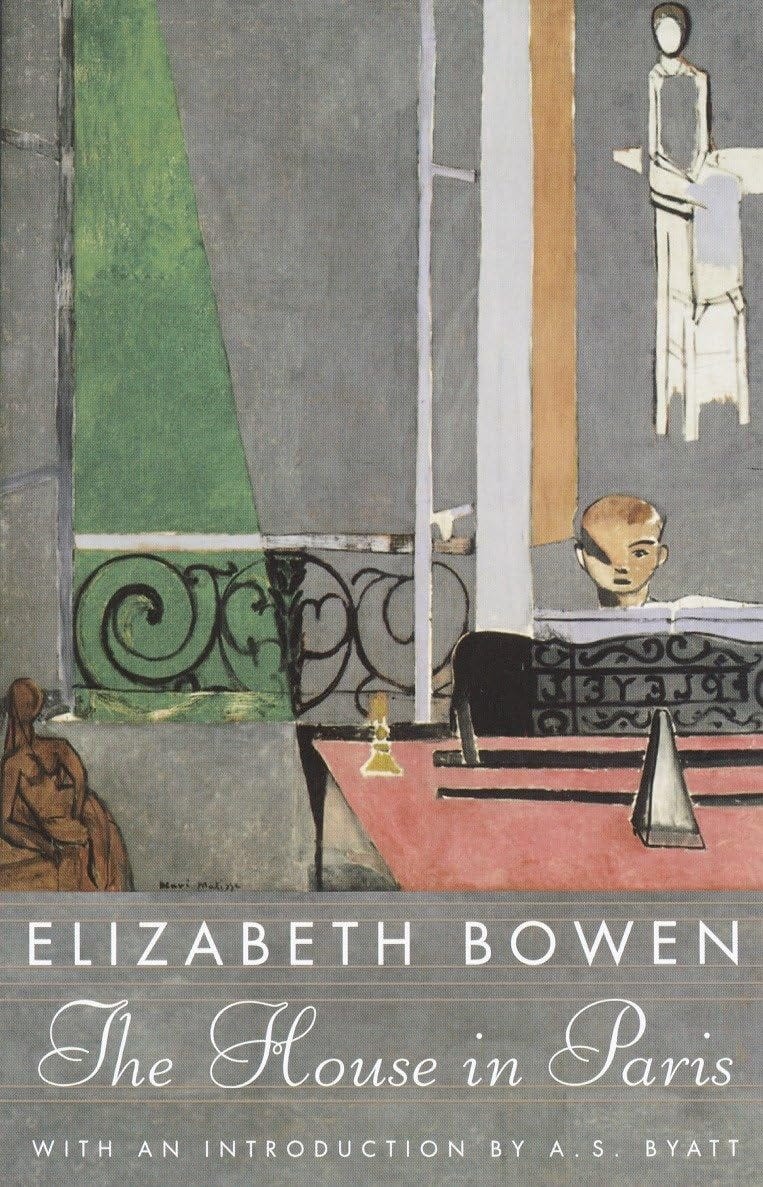
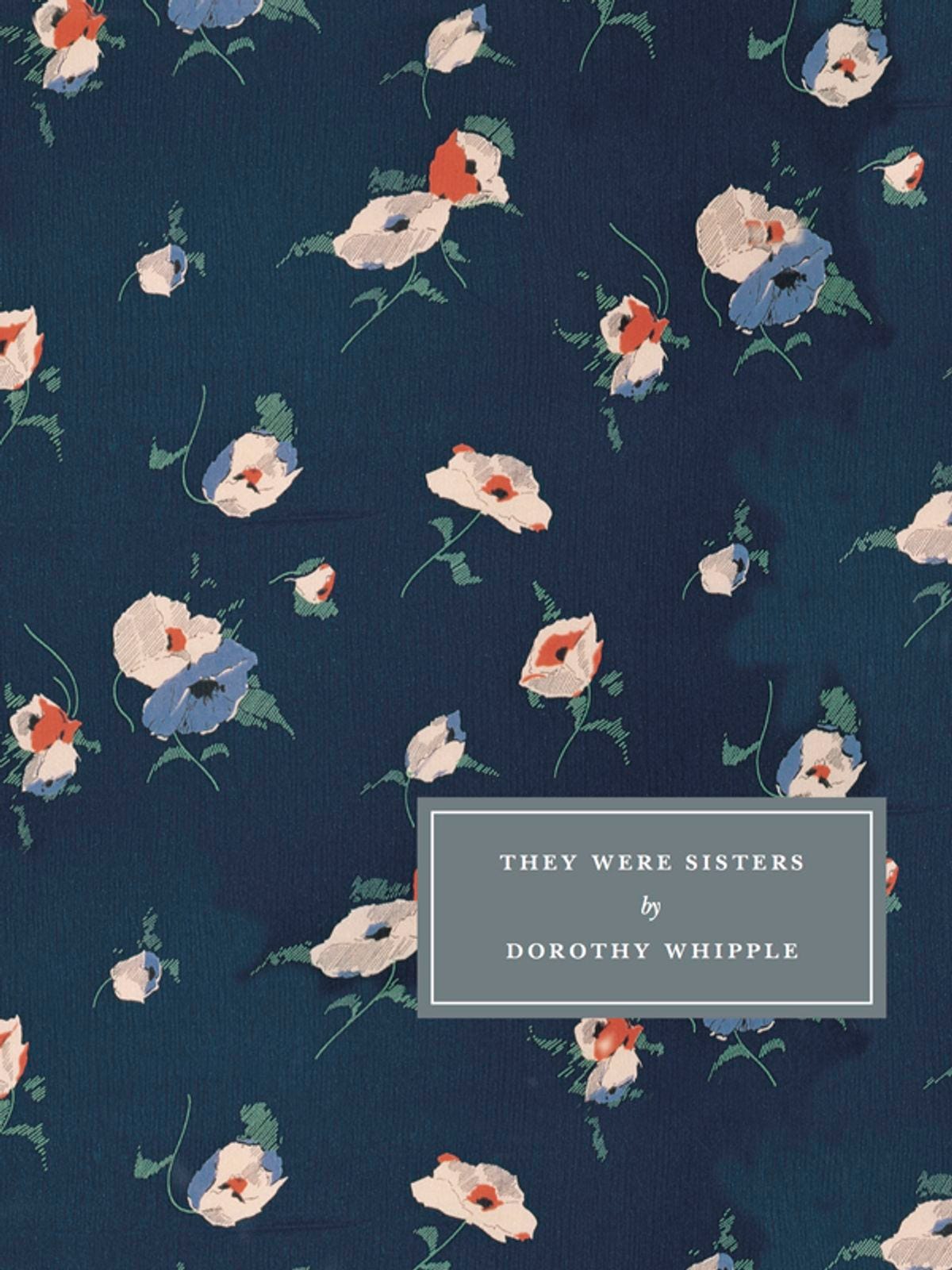
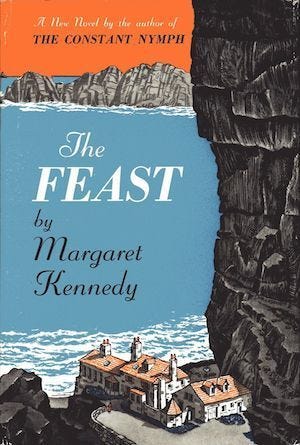
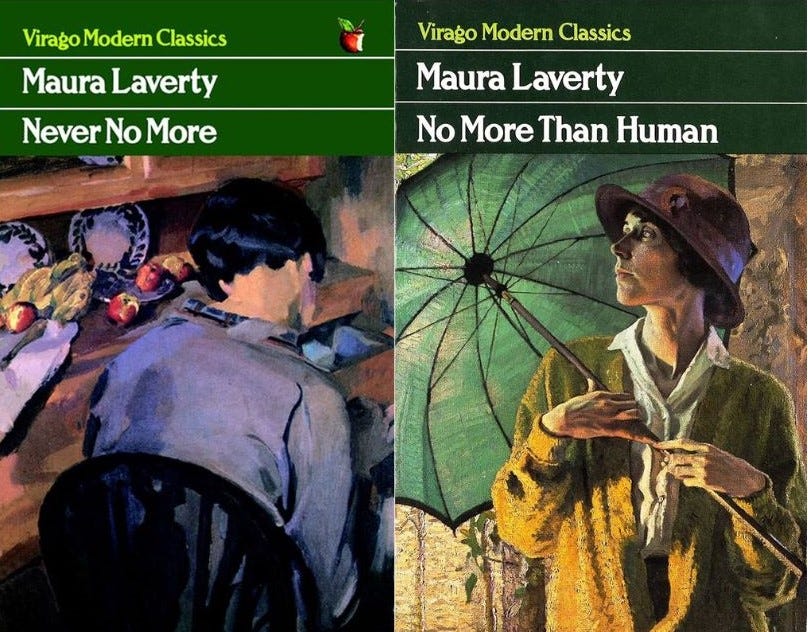

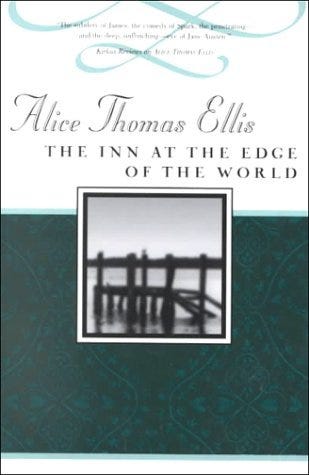
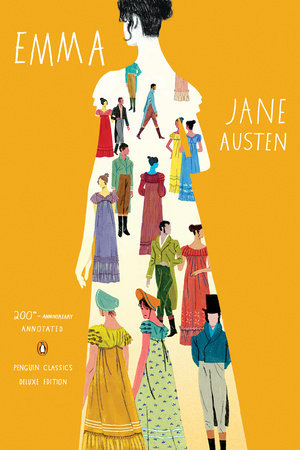
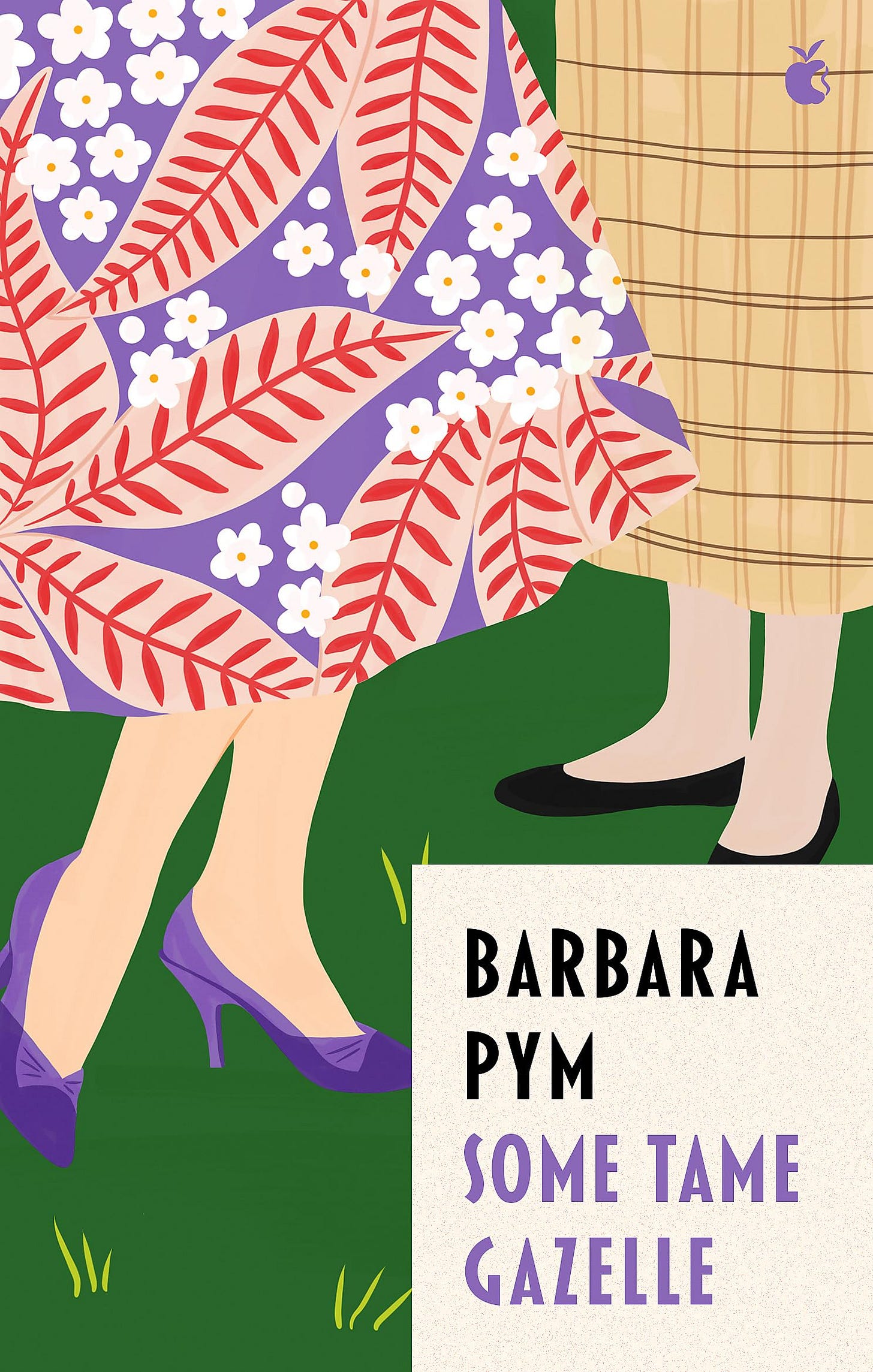
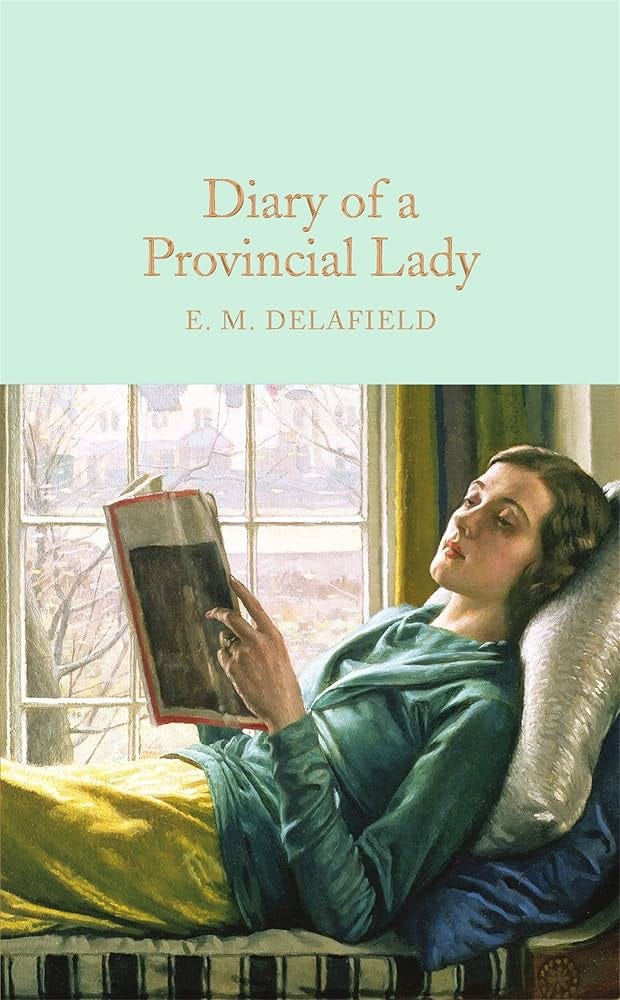

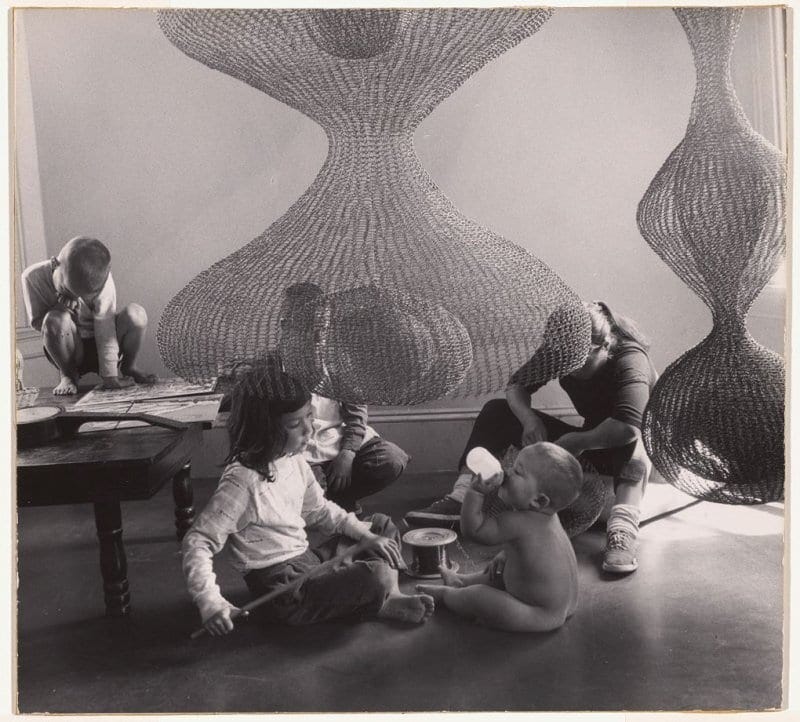
Absolutely love a fellow Barbara Pym fan!! I love Austen and Waugh too but you don’t hear as much about Pym.
Yes, authors that make an effort to describe meals and food always delight me. In fact, this week I’m making the Latvian stew described in A Gentleman in Moscow. As soon as we read that chapter, I turned to my husband and said, “I’m making that this winter!”
I started Some Tame Gazelle last year when I was on a Barbara Pym streak. I never finished it but now I might! Lots of great suggestions!